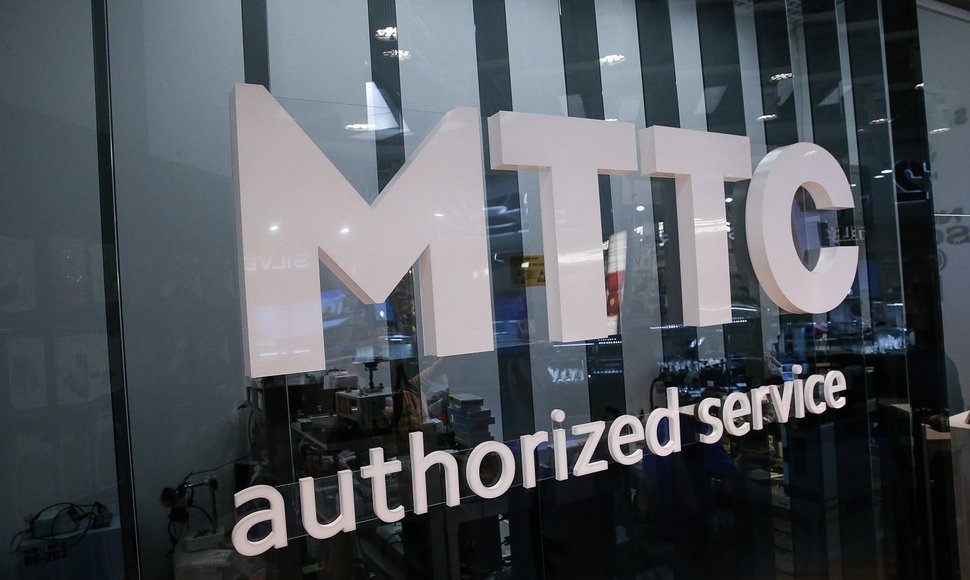The company predicts that the shift in client behaviour will remain at least in the major cities even after the pandemic, and is already optimising its network and preparing new services.
During the winter lockdown, MTTC’s operations were not limited, and the company calculates that currently around 20 per cent of private repair services are commissioned and performed remotely through couriers and parcel drop-off points. To compare, in late 2019, this percentage was only at 1 per cent.
The company believes that a part of these clients is likely adhering to the recommendations to avoid places of mass gathering without urgent need, but at the same time, it predicts that clients will likely continue to make widespread use of them even after the pandemic fully settles down due to remote services. This sector of such clients should remain at around 20 per cent, tens of times more than prior to the pandemic.
“With our partners in the telecommunication and retail trade sectors gradually reopening their physical stores, we see that client behaviour has remained changed. Client flows to retail centres have not fully recovered, while the use of courier and parcel drop-off point services has stuck around primarily in Vilnius, but also in Marijampolė and other cities.
“The only notable exception is screen damage where clients do not want to delay. However, even in such cases, they increasingly often make use of electronic registration services, which guarantee that the screen will be replaced at the agreed time within 1-2 hours,” comments MTTC director for commerce Ramutė Varnelytė.
According to Varnelytė, clients have received MTTC’s remote services especially positively and during the pandemic period, the company’s client satisfaction indicator – NPS - rose by over 10 per cent. Due to this reason, the company has decided to prepare for the new reality already by optimising its processes and service network.
“Electronic registration for services and calling a courier to pick up a malfunctioning device are both becoming the norm, and this channel is currently on par with one of our medium-sized physical repair workshops. As such, we have decided to merge two of our locations in Vilnius into one, and from April we are closing our section in the Ozas shopping centre and expanding the spectrum of services offered in our section at the Akropolis shopping centre. We are increasing the number of customer service specialists there and forming a mini contact centre, where clients from around Lithuania are serviced through digital channels,” explains R. Varnelytė.
The popularity of remote services nevertheless remains inconsistent around Lithuania, being most appealing for the residents of the major cities and Marijampolė.
MTTC has also observed another trend – following a slow-down in the economy, citizens purchase new devices a little less often. Furthermore, sustainability and circular economy trends have been emerging for several years now, and citizens want to consume more responsibly. Due to these reasons, the team at MTTC has been studying new technologies and expects to soon offer new sustainability-related services to the market.
Over the previous year, the MTTC Group earned 41.9-million-euro income in the Baltic States and Poland, which is an increase of 44 per cent over 2019. The company works with retail and business clients, such telecommunications, retail trade and international insurance companies.
MTTC is the official repair and maintenance partner for device manufacturers such as Apple, Samsung, Huawei, Xiaomi, Sony, LG, Nokia, Lenovo, Motorola, CAT and others. The MTTC Group currently employs over 260 staff members.
########
This article was edited by expert copywriter and proofreader Vicki Leigh. Find out more about her professional writing and editing services at twoflowercactuscreative.com












